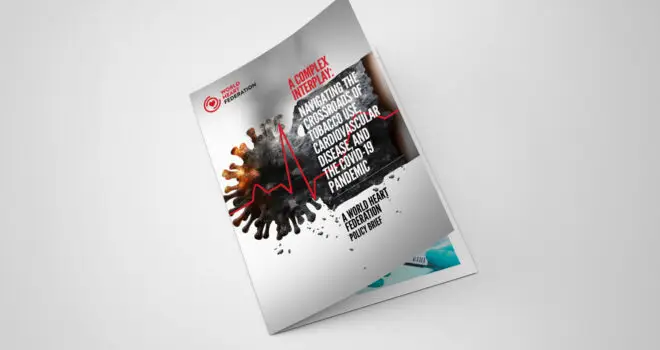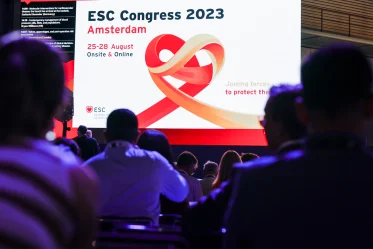From the earliest days of the COVID-19 pandemic, the World Health Organization (WHO) has been deeply involved in efforts to understand, mitigate, and strengthen health systems in relation to the coronavirus. In addition to technical undertakings and in-country support, the Governing Bodies of the WHO have worked to create global health policy to both counter this pandemic and prevent future such health crises. The Working Group on Strengthening WHO Preparedness and Response to Health Emergencies (WGPR) has now met a total of eight times to share information, review existing frameworks for action, and make recommendations to the World Health Assembly for concrete actions to bolster capacities in the face of future pandemics.
Over the past two weeks, the World Heart Federation has participated in the meeting of the WGPR and followed Member States’ contributions closely. A significant amount of the Working Group’s effort is now devoted to how countries might add to or improve the International Health Regulations (IHR), as discussions related to a potential binding instrument have been handed over to the newly appointed International Negotiating Body (INB). The conversation has taken a decidedly technical turn, and the question of exactly how the IHR might be amended remains a significant procedural challenge.
Despite the heavy level of detail, some interesting developments can be shared from this most recent meeting. Member States and Non-State Actors participants like WHF were presented with a WHO proposal for a new BioHub System, intended to complement existing systems and platforms to facilitate rapid pandemic response, based on the voluntary sharing of biological materials. Member States also discussed financing for such measures, and while disagreement remains over whether new funding mechanisms are necessary, there was broad consensus that assessed contributions should be increased.
The World Heart Federation will continue to play an active role in these and future conversations around Emergency Preparedness and Response. It is essential that non-communicable, and especially circulatory, disease prevention and treatment measures are factored into any efforts to strengthen our health systems in the face of emergencies like COVID-19.
For more information please visit our website and review the position paper of the Global Coalition for Circulatory Health, Preventing the Next Pandemic: The Case for Investing in Circulatory Health.


